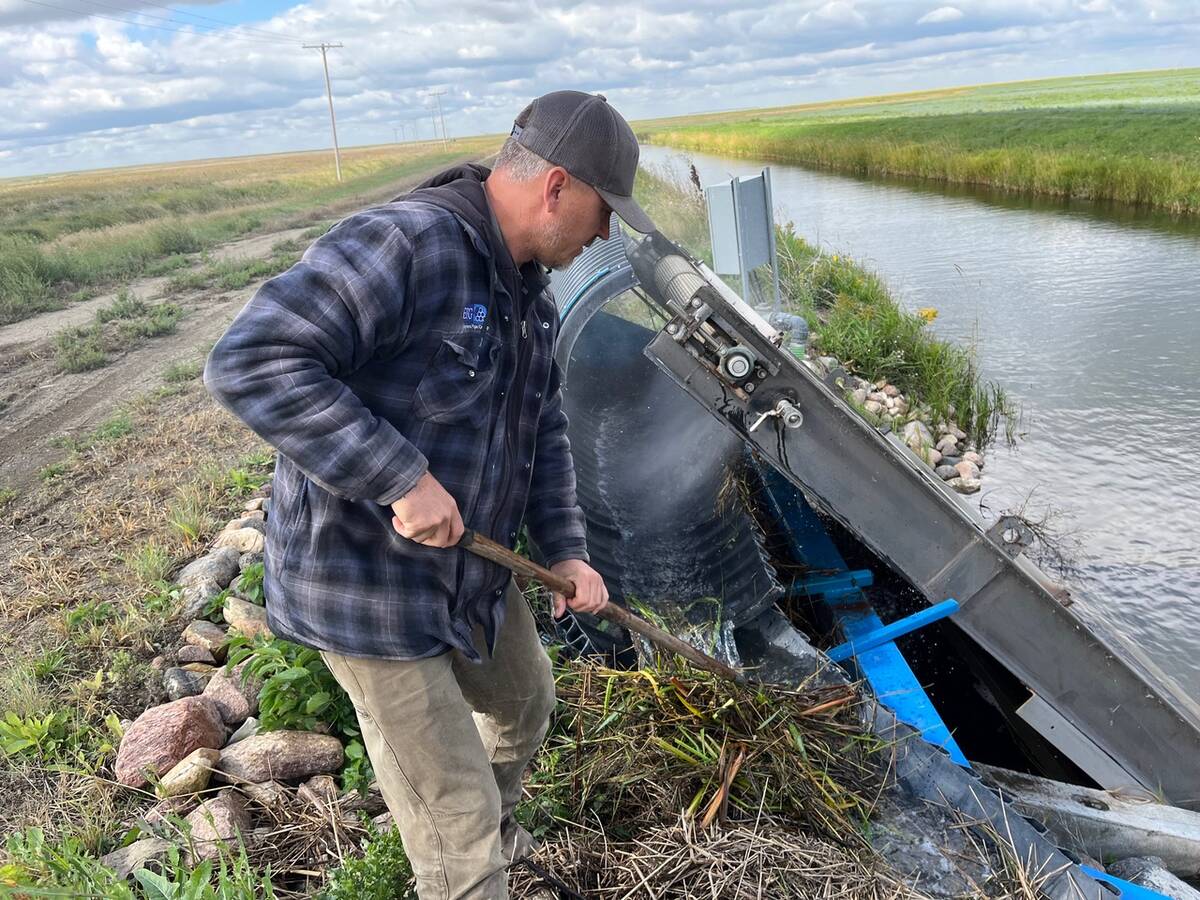Farmers were bombarded last fall with a flurry of media coverage about genetically modified organisms.
The coverage drew attention to consumer unease about GM food and the potential backlash against a technology that manipulates plant genes to provide traits such as herbicide tolerance or resistance to disease and insects.
Despite that attention, prairie farmers this spring are not shying away from the technology when it comes to planting canola.
Monsanto’s Craig Evans expects transgenic varieties to be at least equivalent to last year as a percentage of canola plant-
Read Also

Saskatchewan farmer uses tile drainage to manage water
The integration of both irrigation and tile drainage results in higher yields, water efficiency, improved soils and less nutrient runoff, says one producer.
ings this spring. That percentage may even increase, he said.
Assurances from grain companies that there would be a market this fall for GM canola helped ease farmers’ uncertainty about growing the crop, Evans said.
The Canadian Oilseed Processors Association also gave assurances that its members will process oilseeds grown from varieties approved by the federal government, including both genetically and non-genetically enhanced seed.
Monte Kesslering, manager of Saskatchewan Wheat Pool’s seed department, said he has not seen farmers shying away from transgenic canola varieties this spring either.
The prospect of higher yields and better weed control continue to entice farmers to those varieties, he said.
“It gives them another agronomic tool. The benefits of being able to apply non-selective herbicides like Roundup or Liberty are driving the demand.”
















